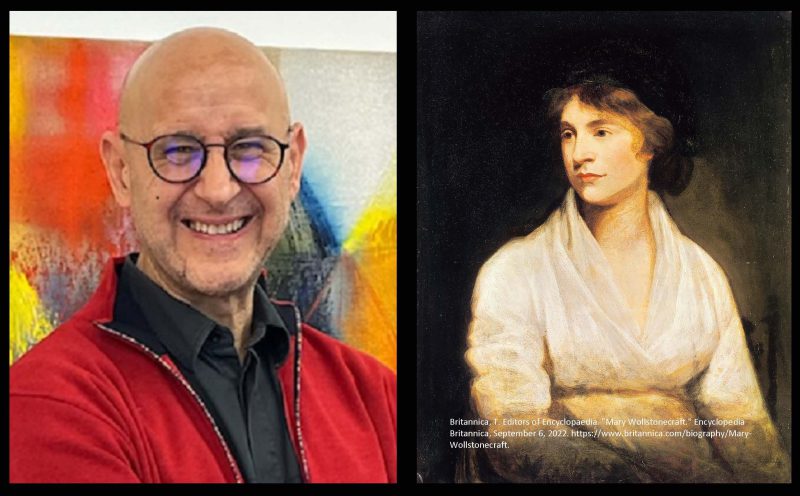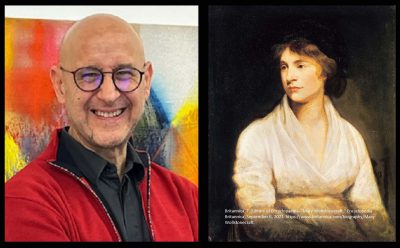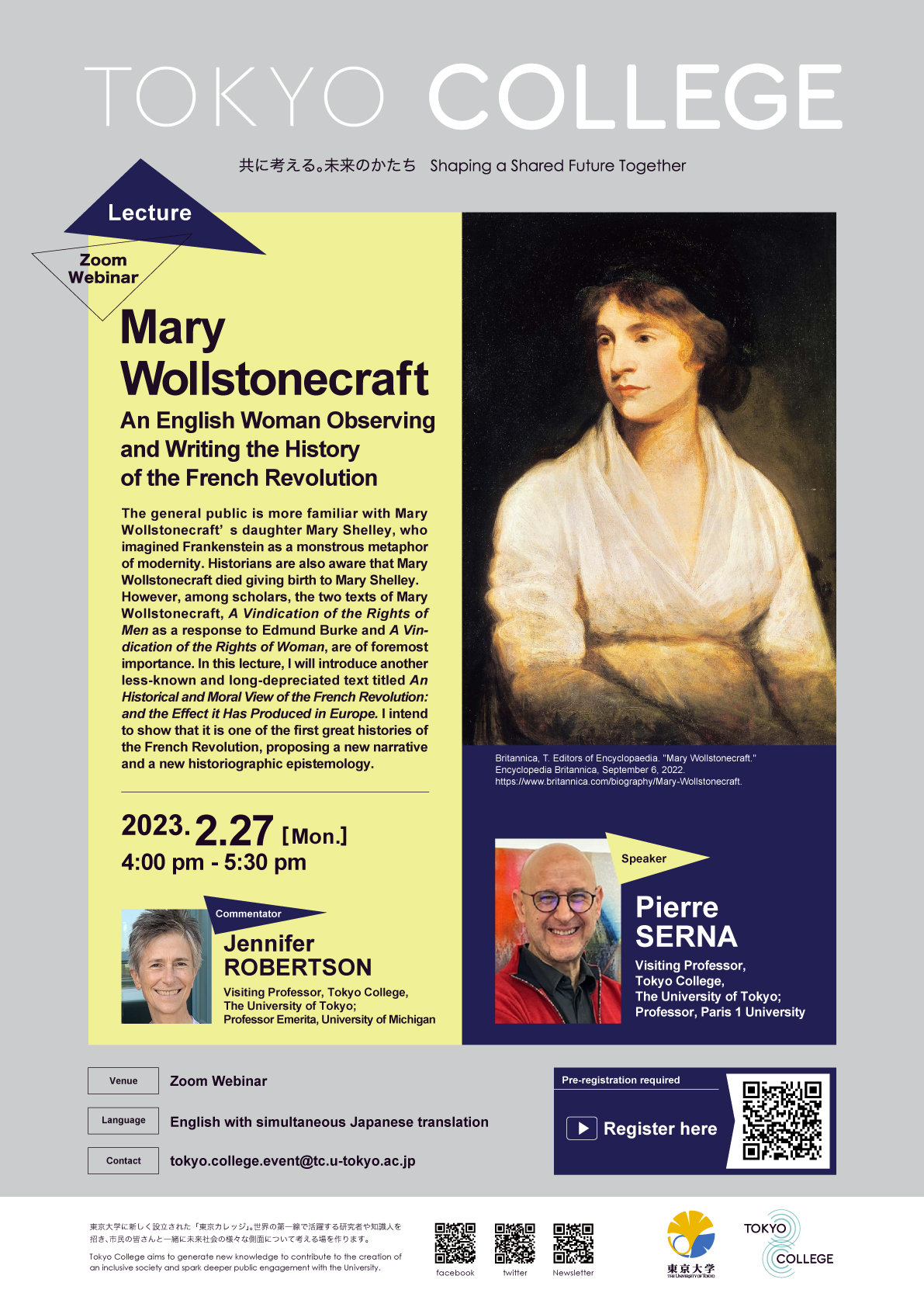Mary Wollstonecraft: An English Woman Observing and Writing the History of the French Revolution (Prof. Pierre SERNA)

| Date(s) | Monday, 27 February 2023, 4:00-5:30 pm |
|---|---|
| Venue |
Zoom Webinar (Register here) |
| Registration | Pre-registration required |
| Language | English (Japanese simultaneous translation available) |
| Abstract |
The general public is more familiar with Mary Wollstonecraft’s daughter Mary Shelley, who imagined Frankenstein as a monstrous metaphor of modernity. Historians are also aware that Mary Wollstonecraft died giving birth to Mary Shelley. |
| Program |
Lecture Prof. Pierre SERNA (Visiting Professor, Tokyo College, The University of Tokyo; Professor Paris 1 University) Comment Prof. Jennifer ROBERTSON (Visiting Professor, Tokyo College, The University of Tokyo; Professor Emerita, University of Michigan) Moderator Prof. HANEDA Masashi (Director, Tokyo College) |
| Organized by | Tokyo College, The University of Tokyo |
| Contact | tokyo.college.event@tc.u-tokyo.ac.jp |















